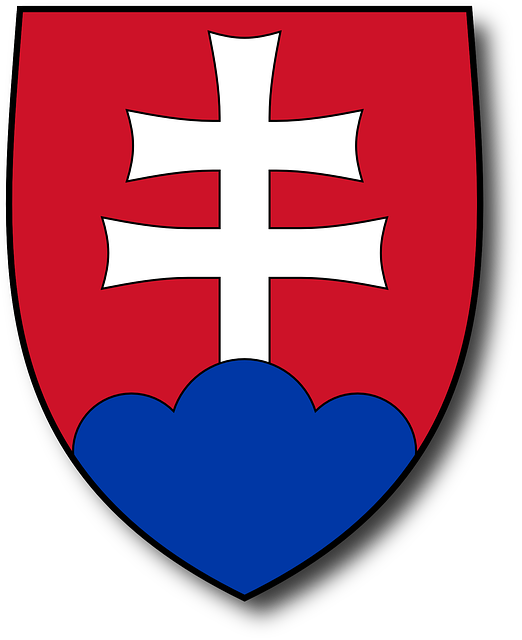16/12/2021
The European Regulators Group for Audiovisual Media Services (ERGA) adopted at its plenary meeting the report Recommendations for key principles, best practices and a Media Literacy Toolbox for Video-sharing Platforms.
Media in the 21st century plays an important role in shaping public opinion, framing the public debate and engaging citizens. However, media is also a complex endeavour, especially in the context of user-generated content, and as such, Media Literacy (ML) has become one of the most important skills for living in the digital age. However, ML is not just one skill. Rather, it’s a collection of lifelong learning and skills that require thinking critically about information obtained from all media including the internet, newspapers, billboards and traditional media, like TV, radio and print. Today’s society is increasingly digitized and more and more social functions are supported by a digital world. Citizens, therefore, need to be well-prepared and supported when facing the problems and challenges of today’s information society.
Understanding media and media content and being empowered to evaluate it has become a social necessity. This need has been put in sharp relief by the Covid-19 pandemic, the impact it has had on our social lives, our use of technology, and the amount of information being made available through various sources. In this context, the ability of citizens to navigate, verify, and trust information is vital. Healthy democracies need well-informed, competent and engaged citizens, and governments, public service agencies and National Regulatory Agencies (NRAs) all have a role to play in supporting, delivering, implementing ML initiatives for all citizens, to support the acquisition of knowledge and skills, build individual resilience and collective understanding.
In 2021, for the first time, ERGA established an Action Group on Media Literacy. This reflects the growing role, interest and also responsibilities of NRAs in ML. However, it is worth noting that the ERGA Disinformation Sub-Group has worked at the interface of ML and disinformation for a number of years, as part of their remit within the Sub-Group.
This Action Group’s overarching objective has been on finding ways for NRAs and video-sharing platforms (“VSPs”) to enable EU citizens to access and use digital media in a fair and self-determined manner. By this, we mean that the development of ML skills and the implementation of supporting initiatives goes beyond the issue of disinformation. ML also has a role to play in addressing issues on online harms, of unequal distribution of access to media, in the empowerment of all citizens in accessing services and in nurturing creativity, in the capacity to analyse and evaluate media messages and recognise inherent ideologies or stereotypes, amongst others.
In 2021, the ERGA Action Group on Media Literacy chose to focus on three main objectives:
- Supporting the European Commission in the development of a ML Toolbox focusing on VSPs and their ML initiatives/tools/measures, in accordance with the provisions of the European Media and Audiovisual Action Plan
- Developing a set of criteria for regulators to help identify and qualify best practice ML initiatives. It is hoped that the criteria identified will be of use to NRAs in the exercise of their ML-related obligations under the revised Audio-Visual Media Services Directive (Directive 2018/1808/EU; AVMSD)
- Finding examples of best practice ML initiatives conducted or supported by regulators, to provide inspiration to others and also celebrate successes.
Additionally, the Action Group also wanted to provide a brief overview of ML organisations, bodies, policies, networks, etc., with a view to give a non-exhaustive but nevertheless comprehensive snapshot of what is happening in the ML field across Europe and elsewhere.
Accordingly, this report comprises the following sections:
Section 1: Media Literacy in Europe
Section 2: Key Principles for Media Literacy
Section 3: Best practice for NRAs
Section 4: Media Literacy Toolbox for Video-sharing Platforms
Section 5: Findings
The report further offers two appendices. The first one is a copy of the survey which was circulated to members of the Action Group in April 2021 and is for reference purposes. The second one includes a repository of all ML initiatives listed by the Action Group members when answering the survey. The list includes initiatives they considered particularly outstanding from their perspective. These initiatives can be offered by the NRA itself or by other stakeholders in their country. It is hoped that this second appendix will offer a useful list of potential initiatives and partners.
